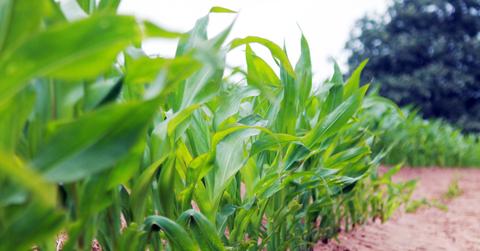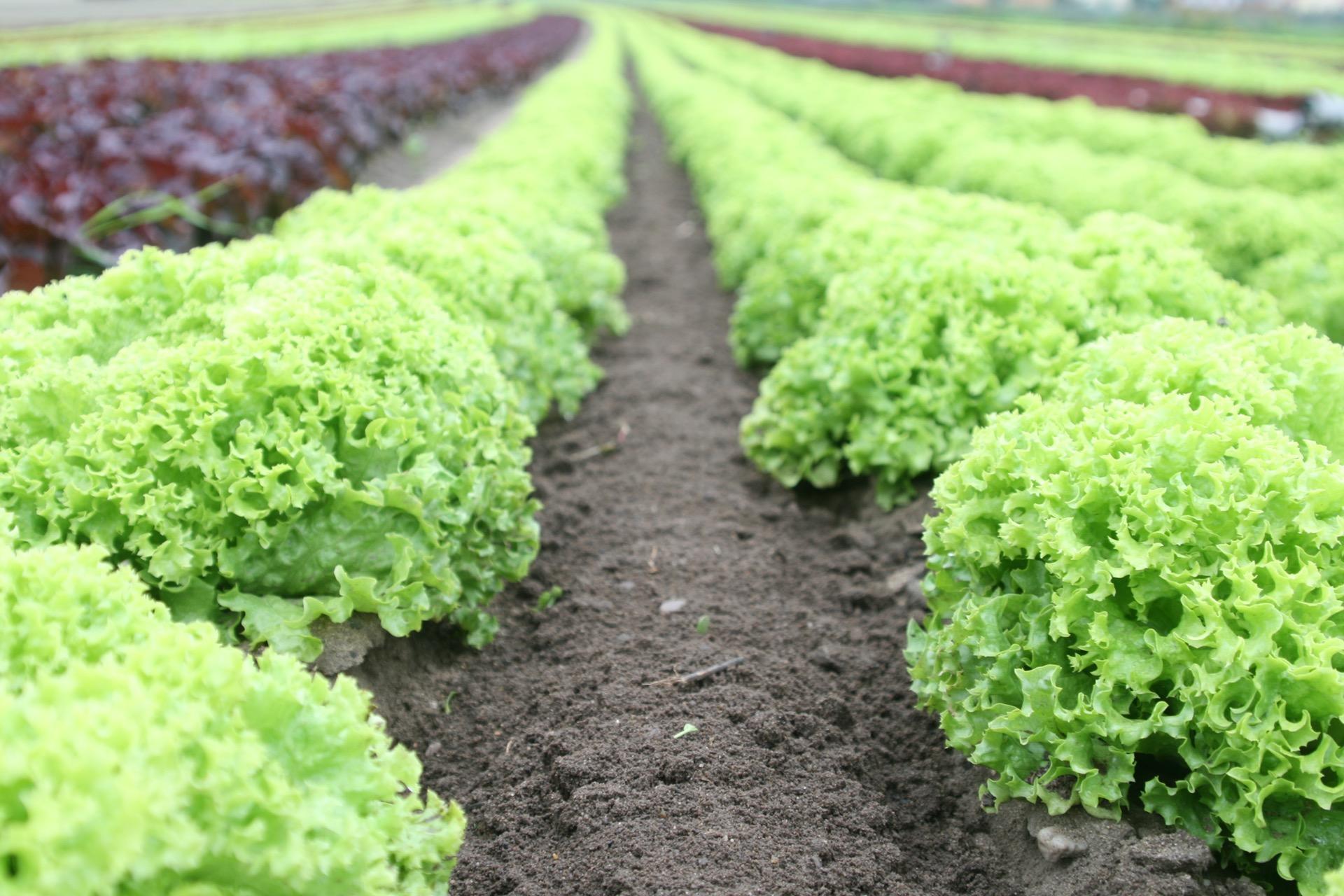From Toilet-to-Table: How One Wastewater Project Could Solve The Drought In California
Farms have always used animal manure as fertilizer. But Modesto, Calif., is embarking on a different mission: to sell treated, human wastewater to local farmers for their fields in an attempt to keep struggling farmers from bankruptcy.
Updated May 23 2019, 3:13 p.m. ET
Farms have used animal manure as fertilizer since the very beginning. But Modesto, Calif., is embarking on a different mission: to sell treated, human wastewater to local farmers for their fields.
The project, set to start in December, is the state’s biggest foray into the wastewater-to-ag game—and could be what keeps struggling farmers from bankruptcy in an area devastated droughts in recent years.
The North Valley Regional Recycled Water Program aims to bring treated, human wastewater to California’s most concentrated farmland by way of the Delta-Mendota Canal; offering irrigation and fertilization solutions to 45,000 acres of farms in Ceres, Modesto, Turlock, Stanislau County, and the Del Puerto Water District.
Harnessing the power of sewage isn’t necessarily new. China has started using methane from human waste to power homes and businesses; and treated water is used for irrigation throughout the world, especially in areas faced with critical drought. With populations continuing to increase along with water demands, reused wastewater is more than a novelty: It’s fast-becoming a necessary tool for agricultural survival. The North Valley Regional Recycled Water Program is unique in a couple of ways.
The project will mark the first time recycled water has been brought through a federal canal, and will be the state’s biggest wastewater-to-agriculture reuse project. It will also offer farmers an irrigation supply that won’t dry up with the next drought.
Every element of the recycled water program is expected to be complete by 2045, at which point farmers can expect 60,000 acre-feet of recycled water per year (or, as Grist notes, enough for 30,000 Olympic-sized swimming pools). And that’s enough to change the future of these farms altogether: namely, keeping them in business.
Currently, treated wastewater from Modesto’s primary treatment plant (there are two plants in the city) is used on land owned by the city of Modesto. Excess water flows into the San Joaquin River. But with this new project underway, a rebuilt pumping station will divert the treated wastewater into a six-mile pipeline that comes with a not-so-modest, $100 million price tag. The pipeline will eventually empty into the Delta-Mendota irrigation canal, and on to the farms in need.
Consider it the ultimate in recycling. Who knows? Maybe the whole "toilet-to-table" restaurant idea will be the next big trend in dining.

